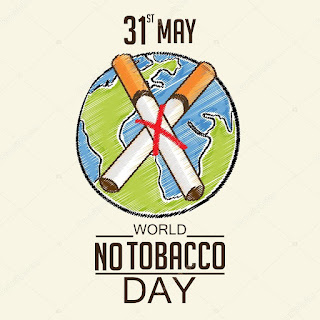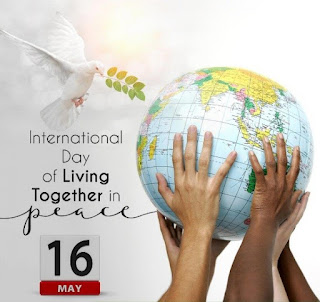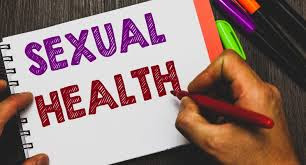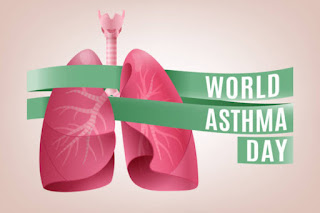Grow Food, Not Tobacco

“Globally, tobacco consumption causes 8 million deaths each year, 1 million of which occurs in The Americas. It is the main cause of preventable death in the world.”- Dr. Jarbas Barbosa- PAHO Director. The Pan American Health Organization (PAHO) states that 349 million people across 79 countries are facing acute food insecurity, many are in low- and middle-income countries. Interestingly, over 30 of these countries are on the African continent. Unfortunately, many of these countries use large areas of fertile land to grow tobacco rather than healthy food. Tobacco growing countries often face a negative economic impact due to the adverse health, environmental and social impacts of growing tobacco. In many cases, foreign exchange earned from tobacco exports is used to import food. Growing tobacco causes ill health among farmers and farm workers and irreversible environmental loss of precious resources such as water sources, forests, plants and animal species. World No Tobacco Day (WNTD










